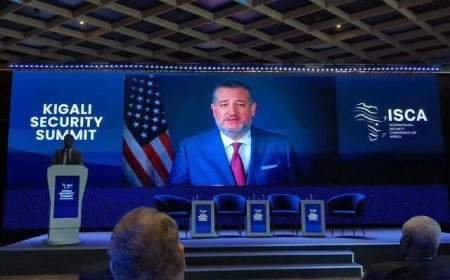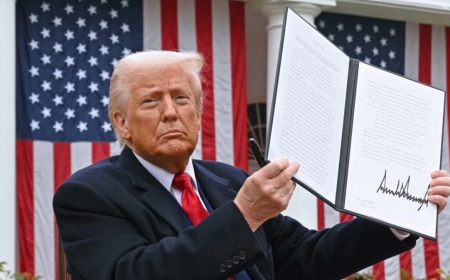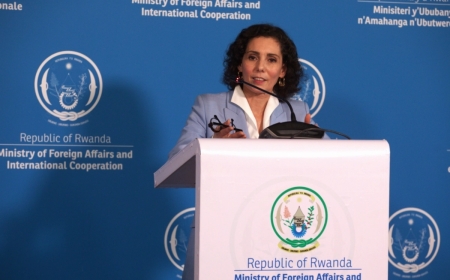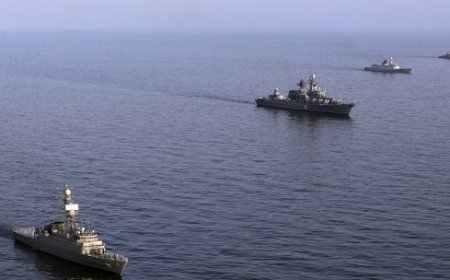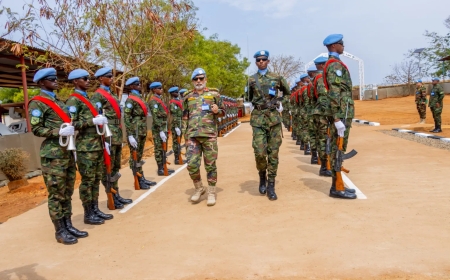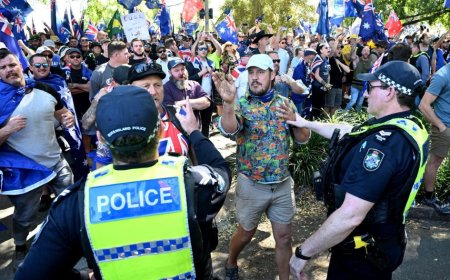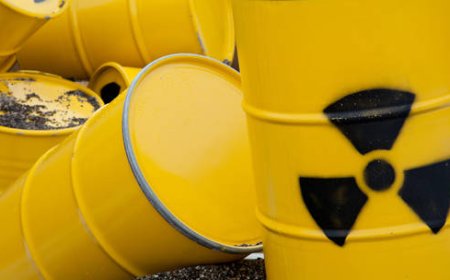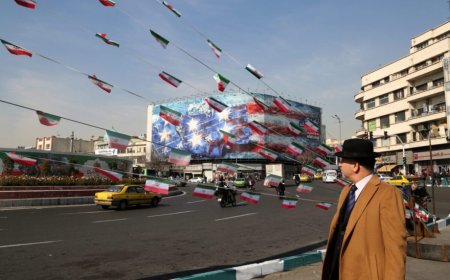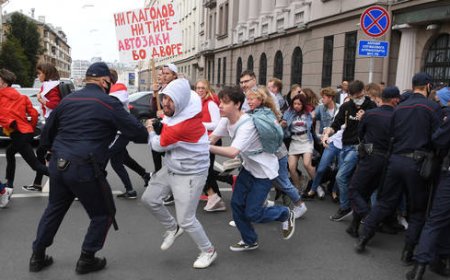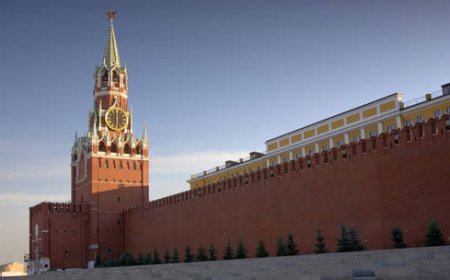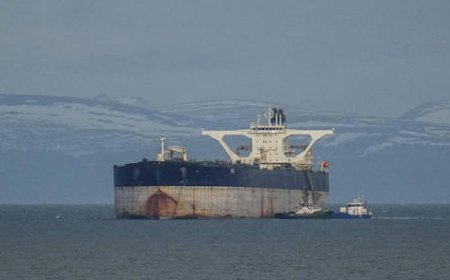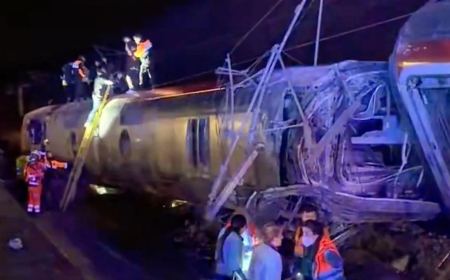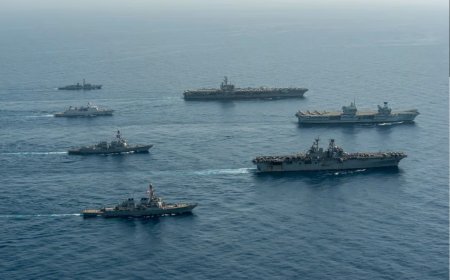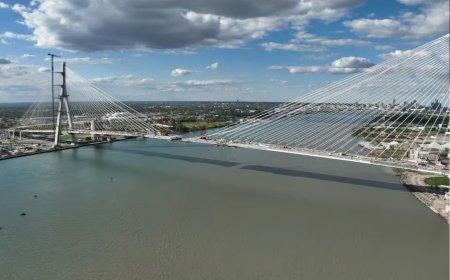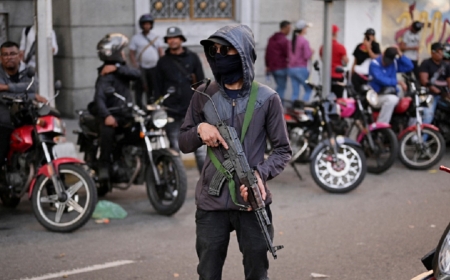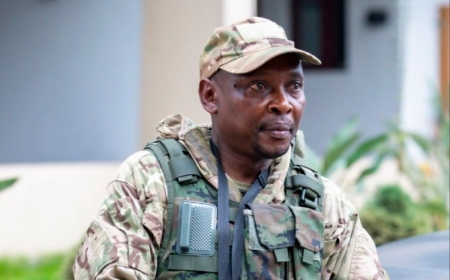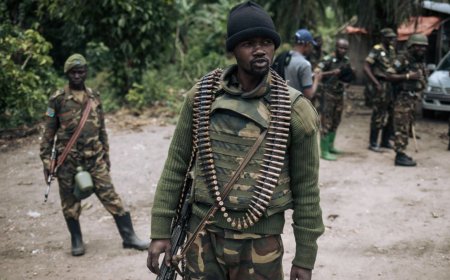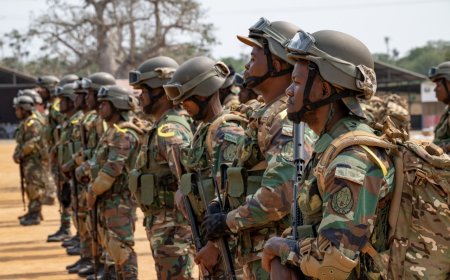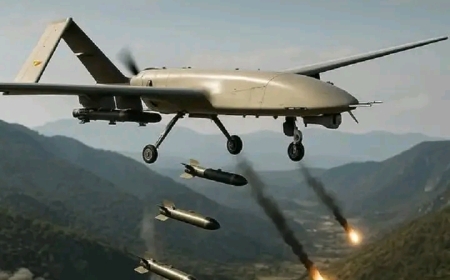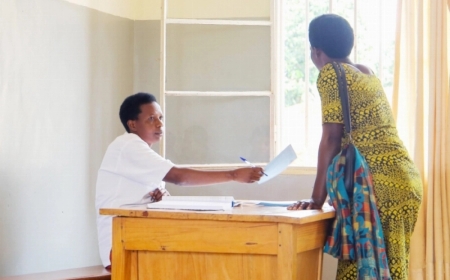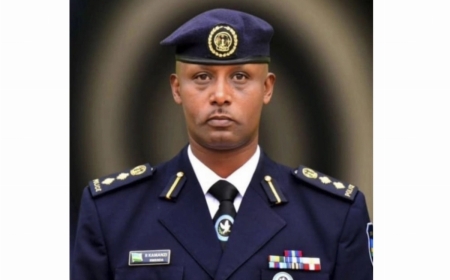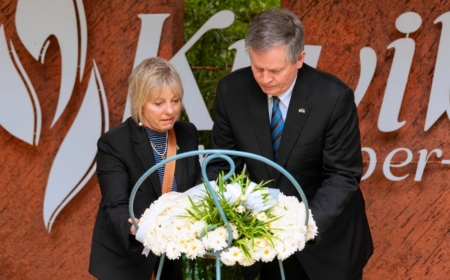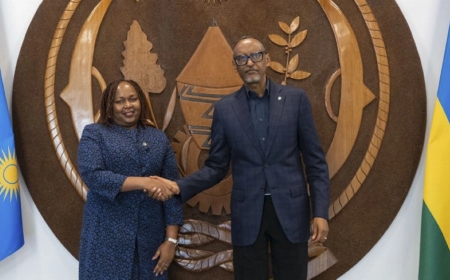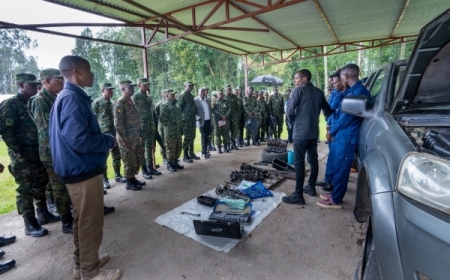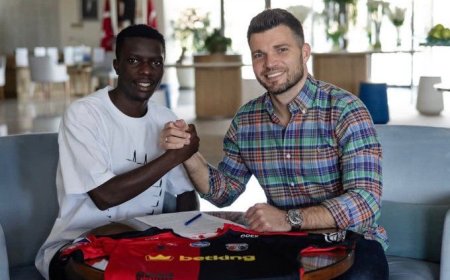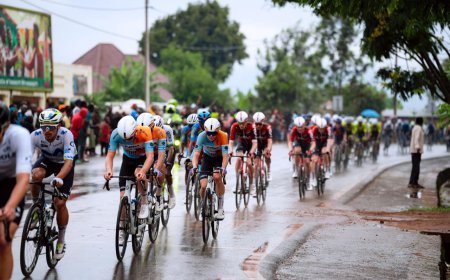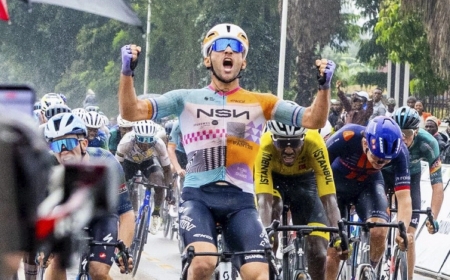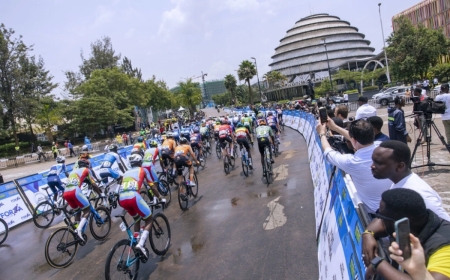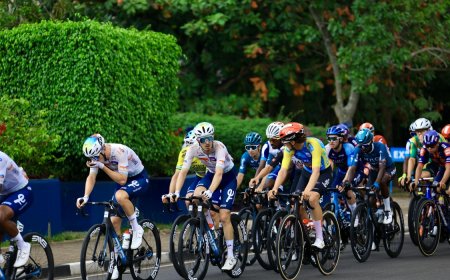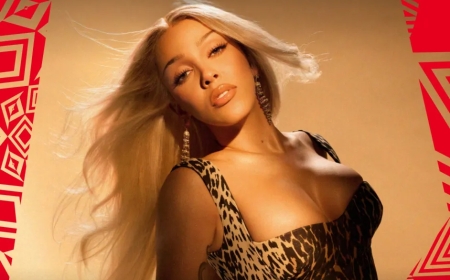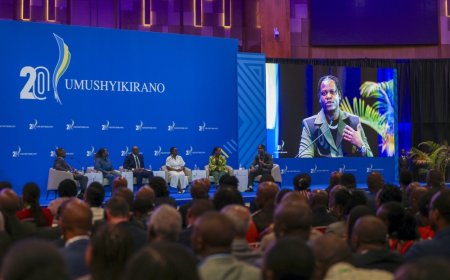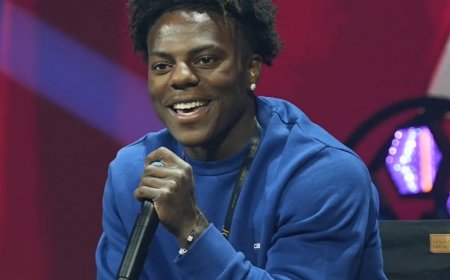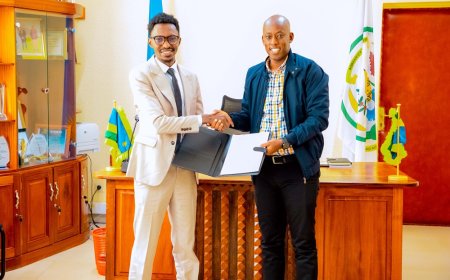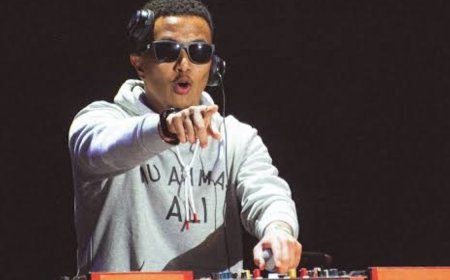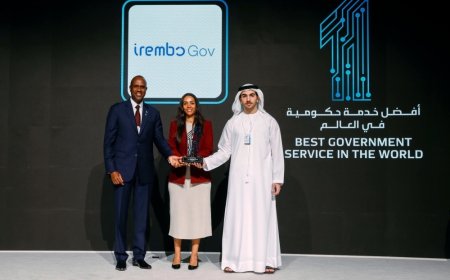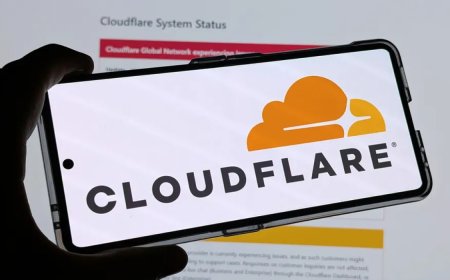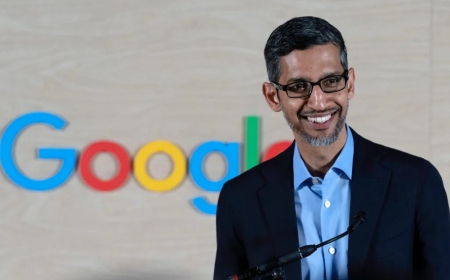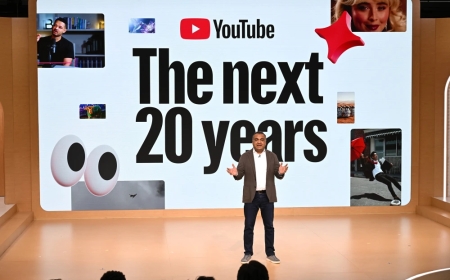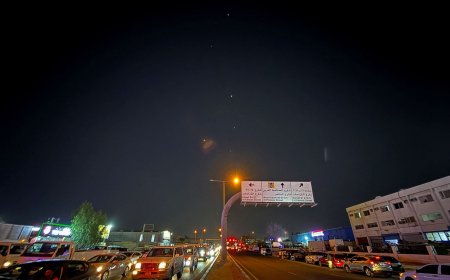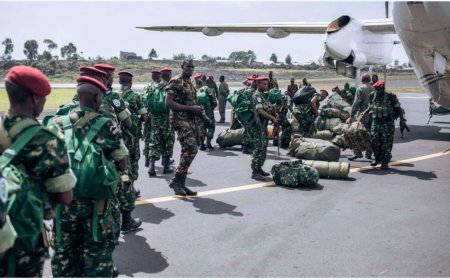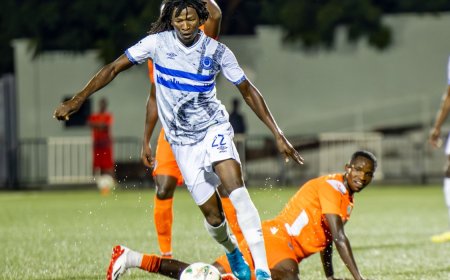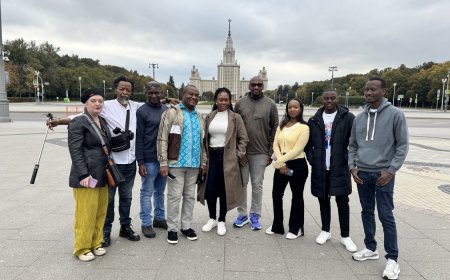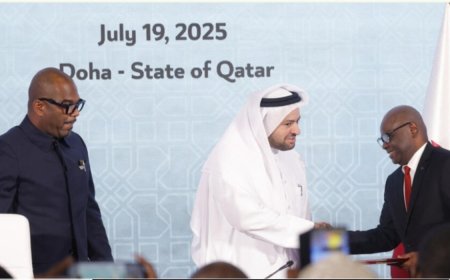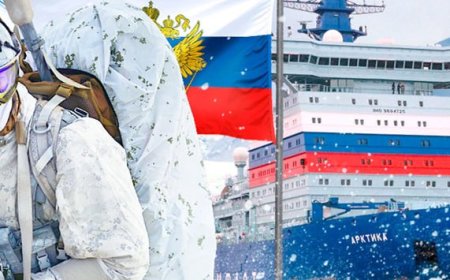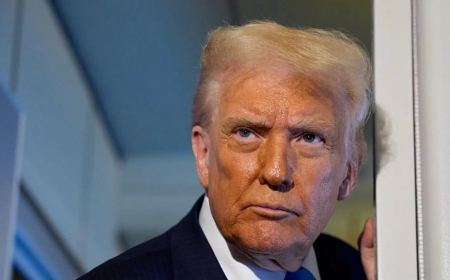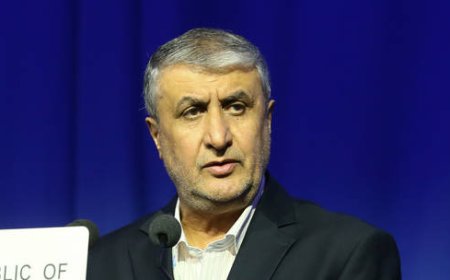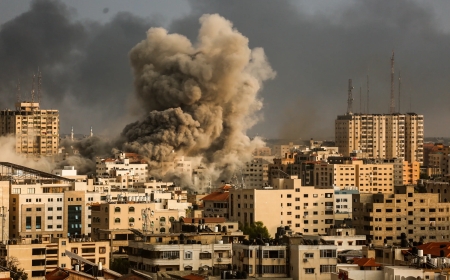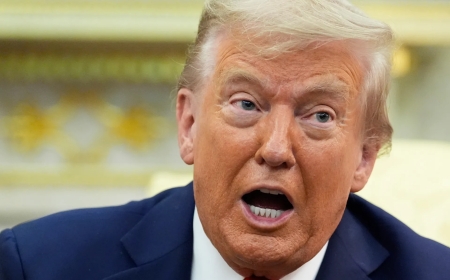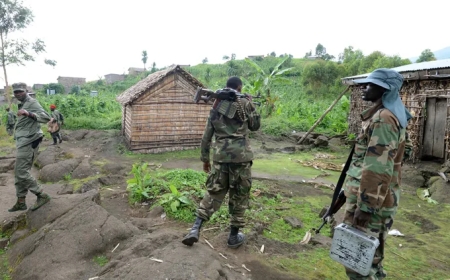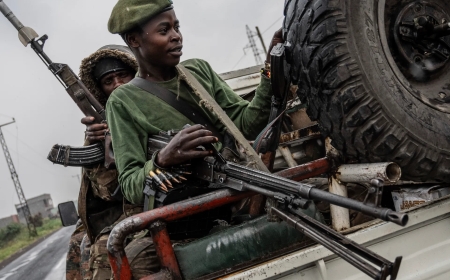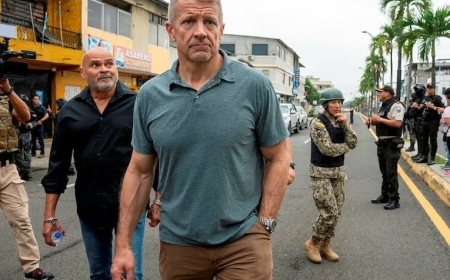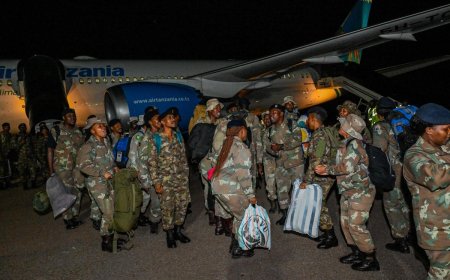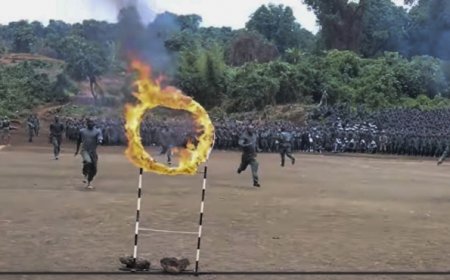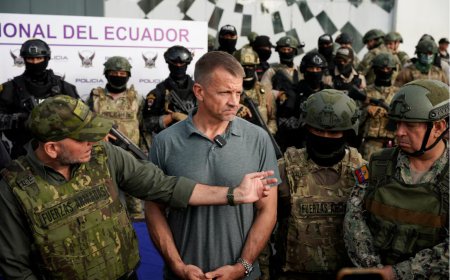Draft Rwanda-DR Congo peace deal reached at Washington talks
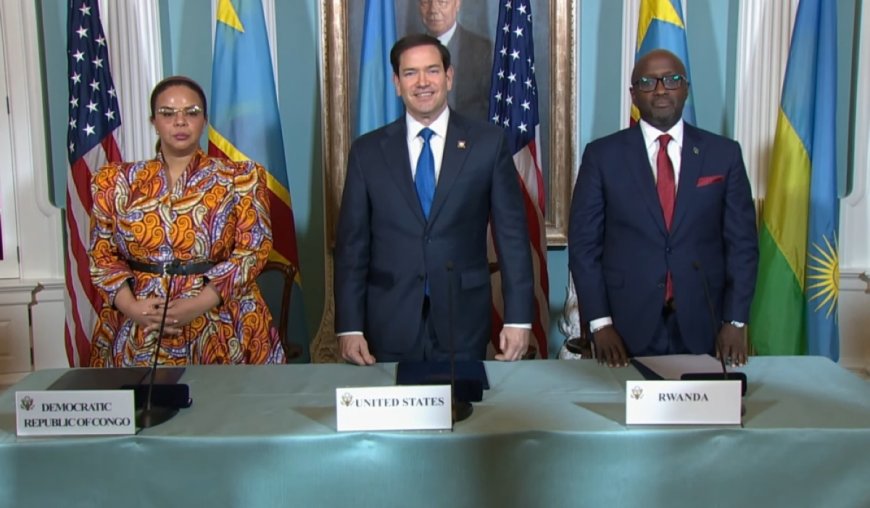
Technical teams from Rwanda and DR Congo have reached an initial text of the peace agreement that is expected to be signed by the two countries' ministers on June 27, according to a joint statement released after United States-mediated peace talks on Wednesday, June 18, in Washington DC.
Qatar, which is leading another initiative to end the decades of conflict in eastern DR Congo, was represented at the talks as an observer, according to the statement published by the US Department of State.
The peace agreement was initially expected to be signed by Rwandan and DR Congo Presidents in the White House in mid-June, according to the Declaration of Principles signed by the countries' foreign ministers on April 25.
However, the signing was delayed as the negotiators had not reached "a comprehensive, realistic and win-win peace agreement" that would be approved by the ministers before it could be inked by the Heads of States with US President Donald Trump as the witness.
Witnessed by US Under Secretary for Political Affairs Allison Hooker, the initial text agreed upon by the technical teams on Wednesday "was developed over three days of constructive dialogue regarding political, security, and economic interests," the joint statement read in part.
"The Agreement includes provisions on respect for territorial integrity and a prohibition of hostilities; disengagement, disarmament, and conditional integration of non-state armed groups," it continued.
The agreement also has provisions on the establishment of a Joint Security Coordination Mechanism that incorporates the CONOPS of October 31, 2024; facilitation of the return of refugees and internally displaced persons, as well as humanitarian access; and a regional economic integration framework.
Efforts to end the conflict whose causes date back 30 years ago regained momentum early this year when the AFC/M23 rebels took control of the two largest cities in eastern DR Congo, chasing a government-led coalition that includes the FDLR militia.
Rwanda has for years been concerned about the Kinshasa-backed FDLR, which was founded by remnants of the perpetrators of the 1994 Genocide against the Tutsi. Besides launching attacks on Rwanda over the past quarter century, the UN- and US-sanctioned terrorist militia also spread genocide ideology against Congolese Tutsi communities.
DR Congo accuses Rwanda of supporting the AFC/M23 rebels, allegations the Rwandan government dismisses. Rwanda maintains that it has put in place defensive measures to prevent the FDLR threats and DR Congo's declared intention to topple the Rwandan government from materialising.
Qatar hosted Presidents Paul Kagame and Felix Tshisekedi in April for discussions on the conflict. The Gulf state has also mediated DR Congo-M23 negotiations since April, with the two sides agreeing on the need for a ceasefire.
Qatar participated in the US-mediated talks to "ensure complementarity and alignment between both countries’ initiatives aimed at dialogue and peace in the region."
"[DR Congo] and Rwanda expressed their appreciation for the valuable contributions and joint efforts of the United States and Qatar as partners in advancing a peaceful resolution," the statement said.
It added that the subsequent summit of Heads of State in Washington would "advance peace, stability, and economic prosperity in the Great Lakes region."
